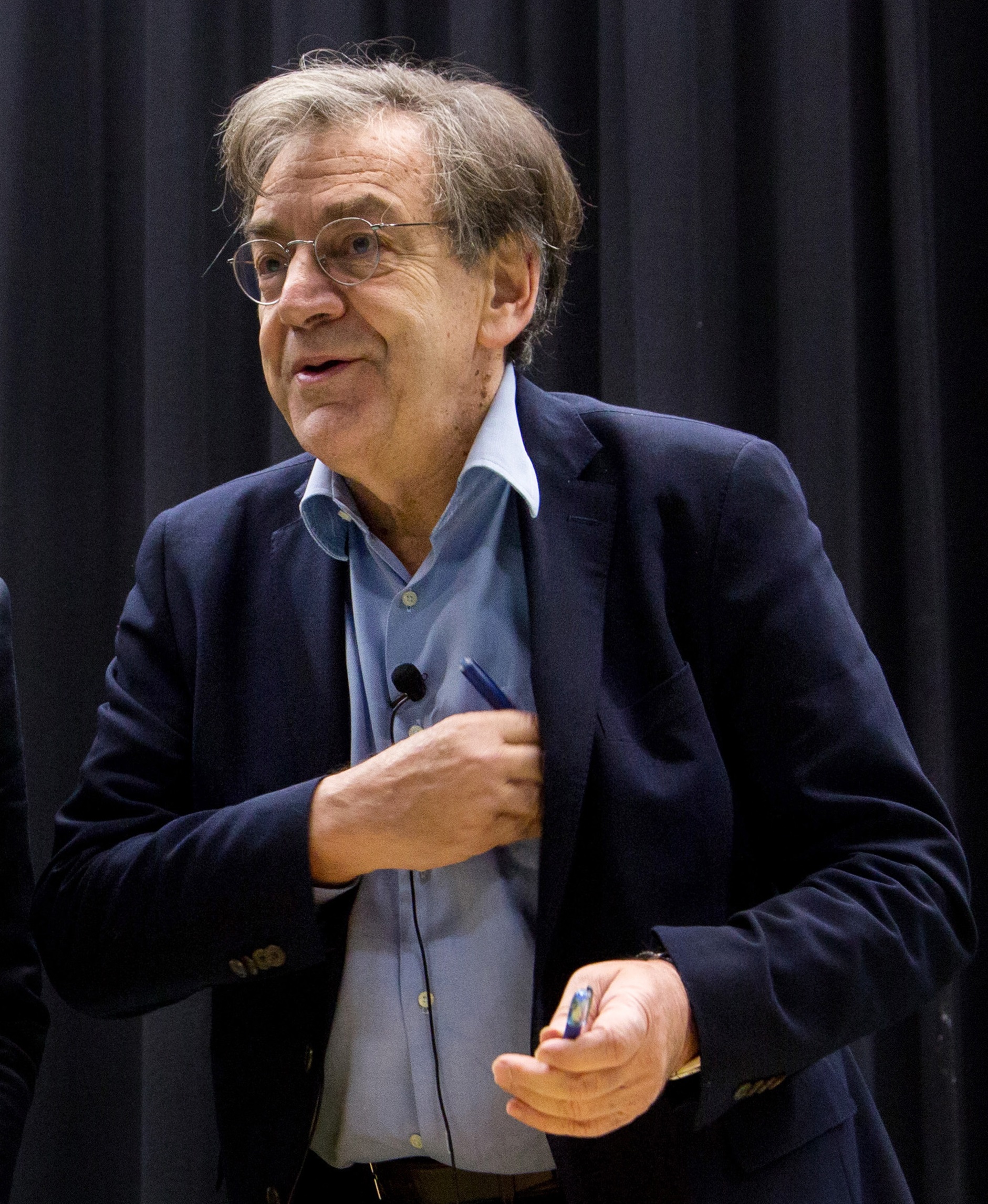Source: The Undoing of Thought (1988), p. 26.
Famous Alain Finkielkraut Quotes
Source: The Undoing of Thought (1988), p. 18.
Source: The Undoing of Thought (1988), pp. 25-26.
Alain Finkielkraut is a French philosopher and public intellectual. He has written books and essays on a wide range of topics, many on the ideas of tradition and identitary nonviolence, including Jewish identity and antisemitism, French colonialism, the mission of the French education system in immigrant assimilation, and the Yugoslav Wars.
He joined the Department of French Literature in the University of California, Berkeley as an assistant professor in 1976, and from 1989 to 2014 he was professor of History of Ideas in the École Polytechnique department of humanities and social sciences.
He was elected member of the Académie française on 10 April 2014. He often appears in France on talk shows.
As a thinker, Finkielkraut defines himself as being "at the same time classical and romantic". Finkielkraut deplores what he sees as the deterioration of Western tradition through multiculturalism and relativism.
In 2010, he was involved in founding JCall, a left-wing Zionist advocacy group based in Europe to lobby the European Parliament on foreign policy issues concerning the Middle East. He is a strong supporter of Israel and the two-state solution.
Wikipedia

Source: The Undoing of Thought (1988), p. 26.
Source: The Undoing of Thought (1988), p. 18.
Source: The Undoing of Thought (1988), pp. 25-26.